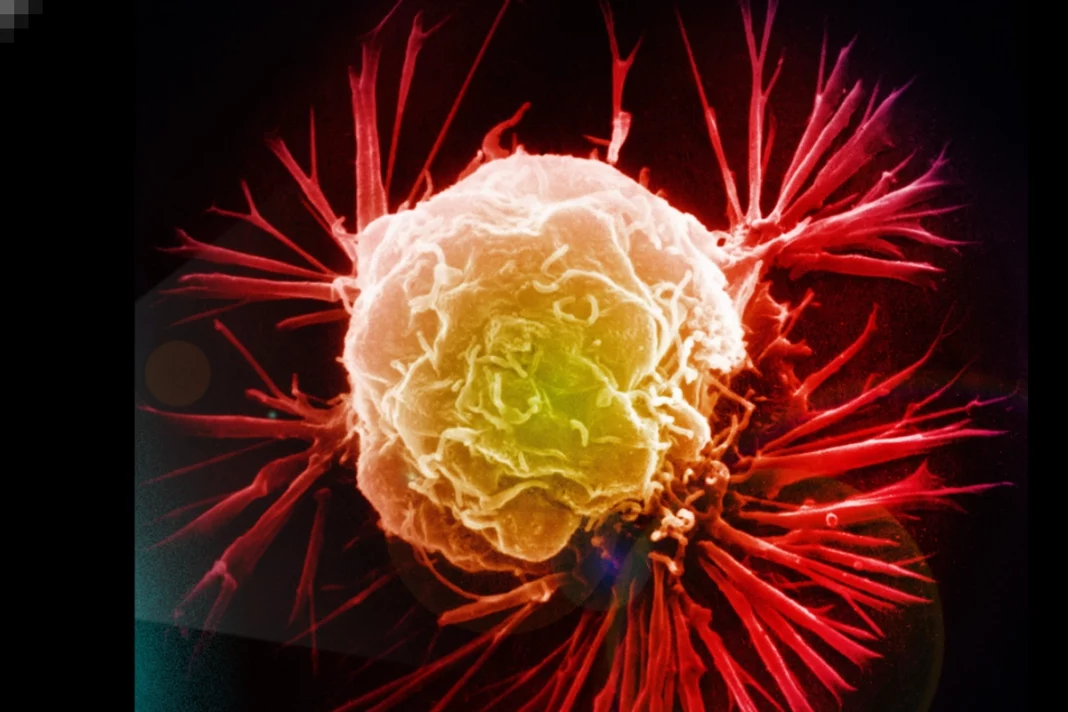Europe: Even before Covid-19 stepped foot on Earth, cancer was one of the main causes of death worldwide; but, a recent study suggests that the burden may soon grow significantly. According to researchers, the pandemic’s devastating impact on early diagnosis and treatment will likely delay cancer outcomes in Europe by around ten years.
The European Groundshot Commission on cancer research acquired comprehensive new data on cancer research activities in Europe over the last 12 years and presented it in a study that appeared in the Lancet Oncology. It was discovered that in the previous two years, an estimated million cancer cases in Europe were missed.
The study refocuses attention on cancer research and calls on the European Union to provide more fair, high-quality, and inexpensive cancer care.
What does research reveal?
One in two cancer patients did not receive surgery or treatment in a timely way, according to the research team’s analysis of data on the COVID-19 pandemic’s effects across Europe. Clinicians saw 1.5 million fewer cancer patients in the first year of the pandemic.
Professor Mark Lawler, lead author of the paper said, “We are now in a race against time to find these missing cancers. Additionally, we saw a chilling effect on cancer research with laboratories shut down and clinical trials delayed or canceled in the first pandemic wave. We are concerned that Europe is heading towards a cancer epidemic in the next decade if cancer health systems and cancer research are not urgently prioritised.”
The study indicates that because of the cancer backlog, up to one million European residents may not have received a cancer diagnosis, despite the fact that 100 million cancer screening tests were missed.
Professor Richard Sullivan, Professor of Cancer and Global Health at King’s College London added, “UK cancer research in the post-Brexit world stands at a crossroads where strategic decisions will determine whether we continue to thrive and partner internationally or whether isolationism will reduce our world standing.”
Also Read: Majority of Oppo 5G smartphones now support 5G, see if your phone is on the list
What do findings reveal?
As findings highlight the growing disparity in cancer research activity, capacity, and results, compared with the rest of Europe, the study recommends the government to concentrate on central and eastern Europe. Within a call to action to reinvent cancer research and its implementation in Europe, they have provided 12 essential ideas.
“We have an unrivaled opportunity to reimagine cancer research and its implementation to achieve our ambitious 70: 35 Vision, an average of 70% 10-year survival for patients treated for cancer in Europe by 2035. Let’s grasp this opportunity,” said Professor Lawler.
Keep watching our YouTube Channel ‘DNP INDIA’. Also, please subscribe and follow us on FACEBOOK, INSTAGRAM, and TWITTER


